The Thursday Murder Club is actually quite good. Annoyingly good. The kind of good that makes you roll your eyes at the trailer, sit down anyway, and end up slightly mad that it all works so well. If you were hoping for a charming trainwreck, you’ll have to settle for a light derailment and a biscuit.
[lasso id="7759" link_id="1148895" ref="watch-the-thursday-murder-club-netflix-official-site" schema_review="enable"]
Adapted from Richard Osman’s wildly popular novel, the Netflix film leans confidently into its premise. A retirement village. A murder. Four pensioners with excellent wardrobes and too much time on their hands. That’s the pitch. And somehow, with the right cast and just enough restraint, it becomes more than just another nice British whodunit with a soft filter.
https://www.tiktok.com/@tbreakdotcom/video/7545537710463798584
There’s Elizabeth, played by Helen Mirren, who has the calm menace of someone who could organise your murder and your birthday lunch without breaking a sweat. Celia Imrie’s Joyce seems sweet on the surface, but she’s clearly the type to be taking notes at all times. Ben Kingsley brings a wonderful tension to Ibrahim, a man held together by routines and a slight sense of dread. And then there’s Ron, played by Pierce Brosnan, who looks like he wandered in from a completely different movie but stayed because he liked the catering. His accent is on its own journey, but the shirts are doing great work.
The four of them make up the Thursday Murder Club, a group that starts by solving cold cases over biscuits and decides they’re ready for the real thing when someone turns up dead. Not really a subtle setup, but it doesn’t need to be. The fun comes from watching people underestimate them, and the satisfaction comes from how often they’re right.
Their chemistry works—their banter crackles. And best of all, the film actually lets them be clever. Not “look, she knows what WhatsApp is” clever. Actual intelligence. The kind that uses charm like a weapon and silence like punctuation. They manipulate, scheme, and occasionally break the law, and the film treats that like it’s the most natural thing in the world. Which it is.
Chris Columbus directs with the energy of someone who really wants you to have a good time. Everything’s warm and inviting. There are sweeping shots of the countryside, tasteful interiors styled like someone watched Bake Off and thought, “yes, but with slightly more trauma.” It all feels very safe, which makes the darker moments land harder when they do show up.
Because underneath the floral prints and light humour, there is actual murder. And not the cartoon kind. People die. Some of them deserve it less than others. And when the grief shows up, the film doesn’t brush it aside. It gives characters space to sit in it. There’s a moment where one of them quietly talks about loss, not dramatically nor for sympathy, but the kind of thing you say when you’re tired of holding it in. Then someone makes a joke about cardigans, and we move on. It’s done with care and without fuss, and that’s exactly what makes it work.
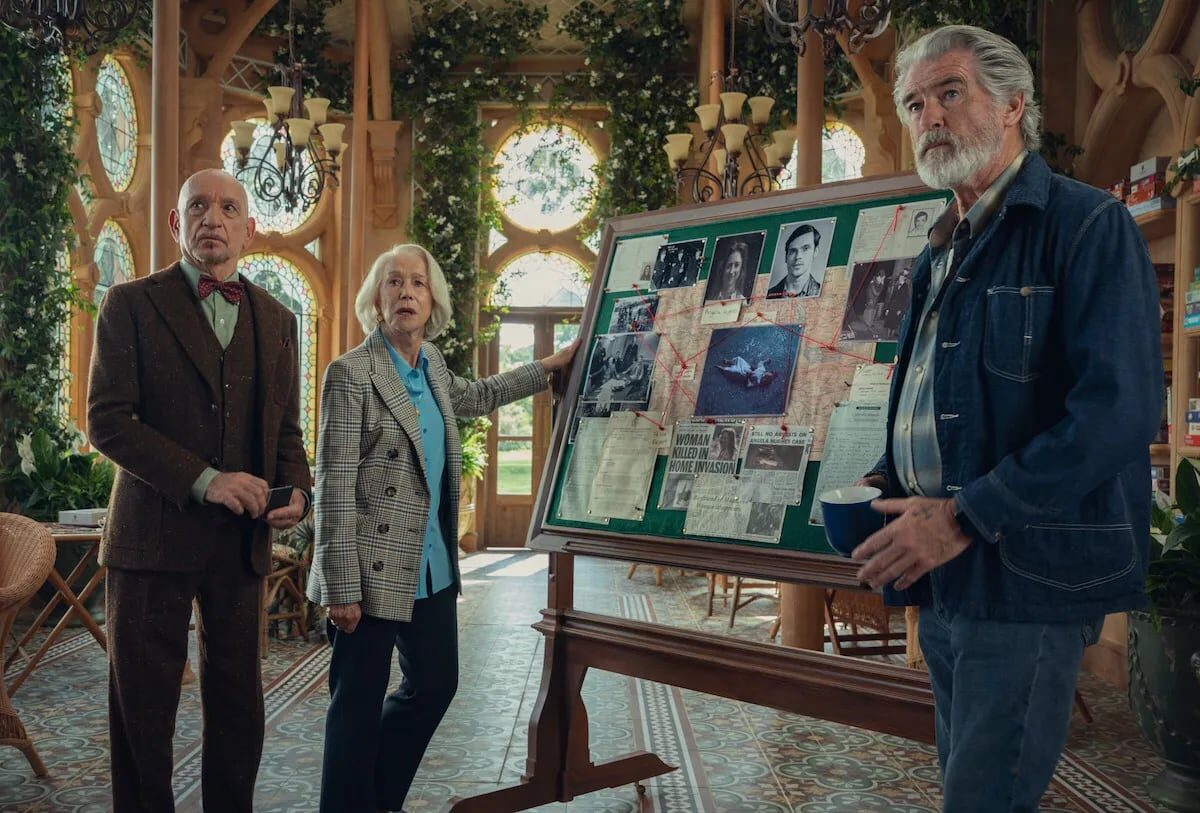
The mystery itself isn’t revolutionary. There are a few twists. Some are better than others. A subplot involving an older cold case shows up, says hello, and wanders off again without making much of an impression. The final act rushes to tie things together with more enthusiasm than elegance. The result is less “satisfyingly tight” and more “gently fraying but still holding.” You can feel the screenplay trying to juggle plot, character beats, and a sequel setup, and sometimes it just shrugs and hopes you like the cast enough not to notice. Which you probably do.
Naomi Ackie appears as a local detective attempting to maintain some semblance of control over the chaos, and while she brings a grounded presence, her subplot is left hanging. There’s something interesting there about navigating grief and responsibility, but the film doesn’t give it enough space to develop. It doesn’t take away anything from the movie, but it does feel like a missed opportunity.
The tone is the film’s greatest strength. It could have gone twee, it could have leaned hard into sentiment, but instead, it stays dry and just spiky enough to keep things interesting. The jokes don’t try too hard, the sentiment doesn’t curdle, it flows with an air of quiet confidence, like it knows exactly what it’s good at and sees no reason to apologise.
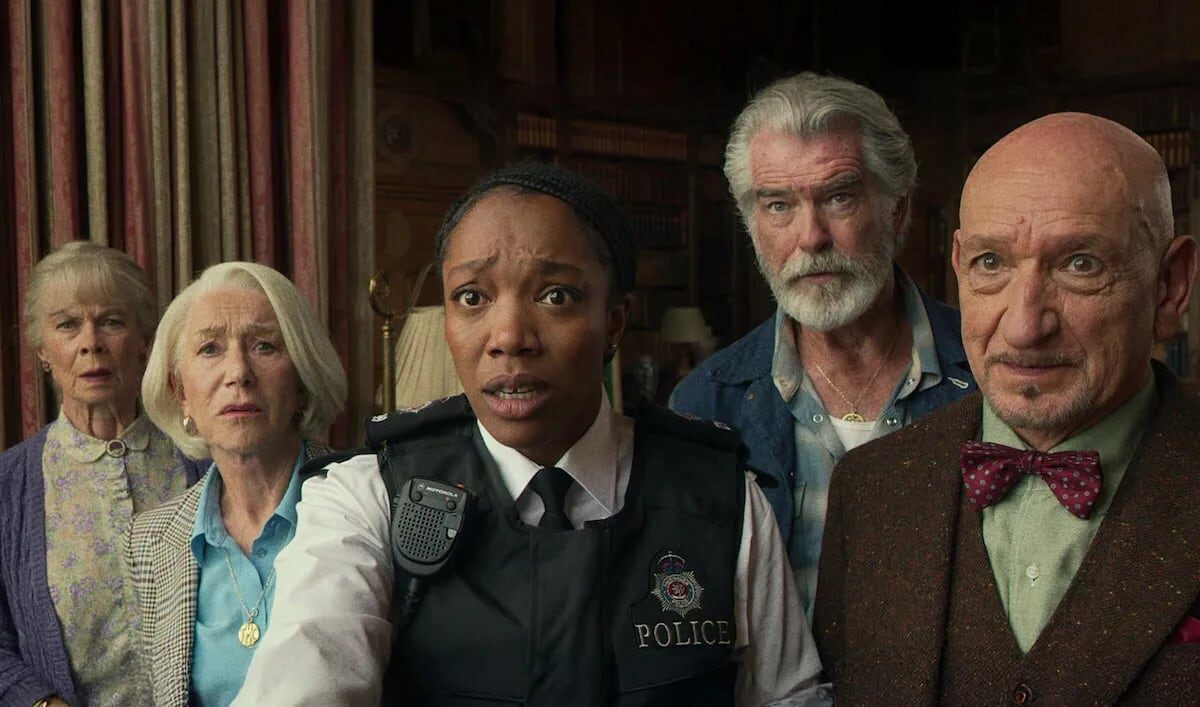
There’s also something quietly radical about how it treats its leads. These characters are over 70, and they’re not there for wisdom, comic relief, or quiet dignity. They’re not trying to prove they’re still useful. They already know they are: busy lying to people, hiding evidence, and blackmailing former colleagues. They are, in every way, the stars of the story, and the film doesn’t spotlight that as remarkable; it accepts it and moves on.
The set design, pacing, and dialogue all work together to keep things light without ever losing track of the stakes. When things go still, it feels earned. When characters are hurt, they stay hurt. There are no grand emotional arcs, only people carrying what they’ve been through, trying to make sense of the next thing in front of them.
And yes, there’s already a sequel in the works. Osman has written four books, and there’s probably a fifth being outlined in a Google Doc somewhere. We’re looking at the start of a cosy crime cinematic universe. Would I watch the next one? Absolutely. With tea. And possibly something stronger.
Subscribe to our newsletter to get the latest updates and news


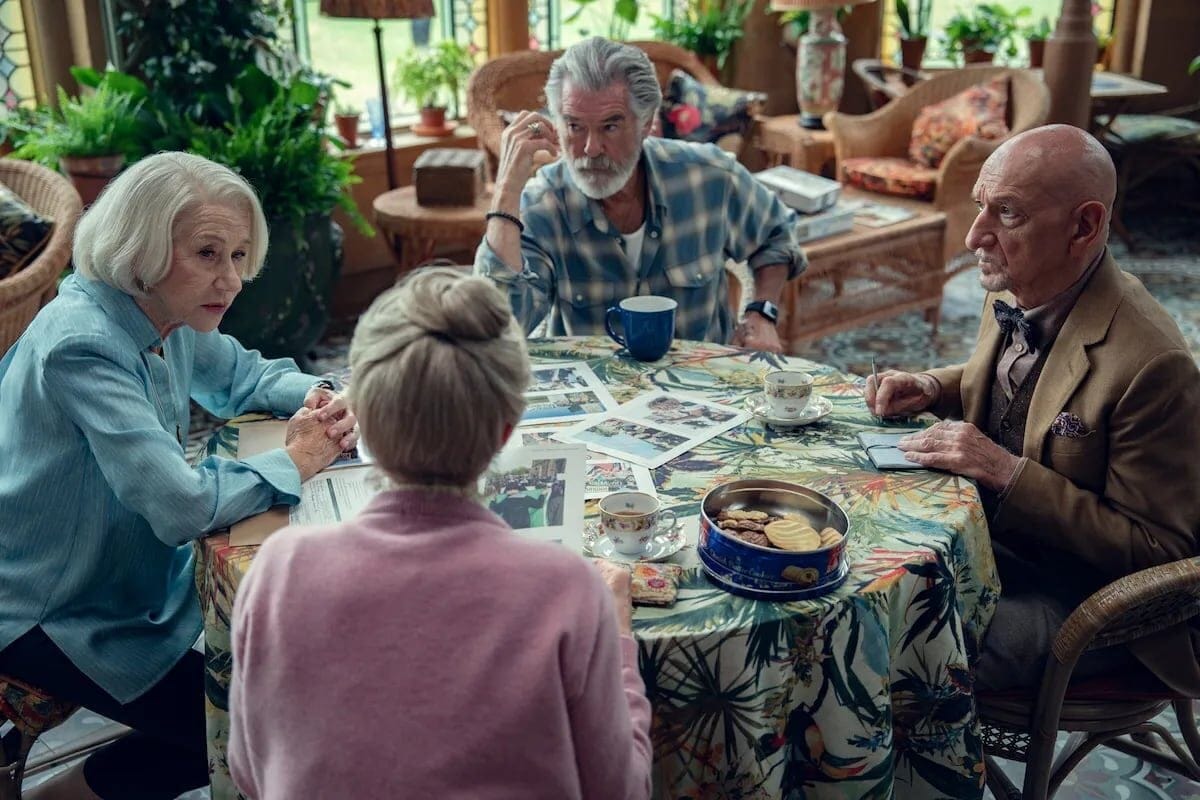



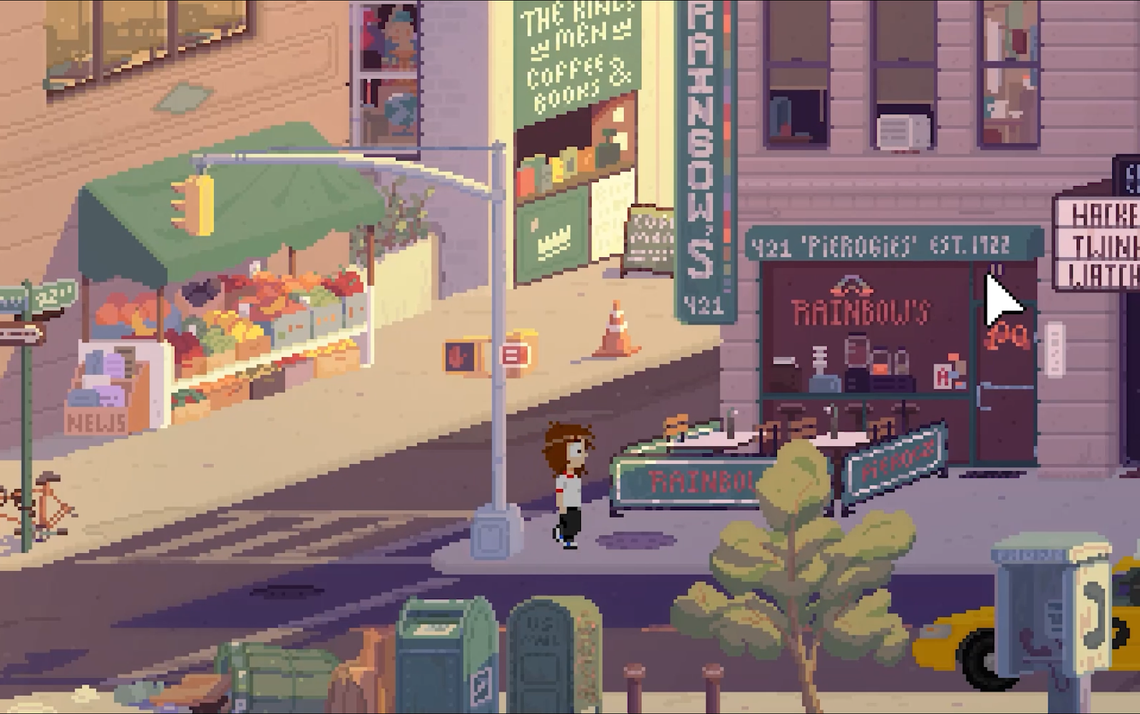

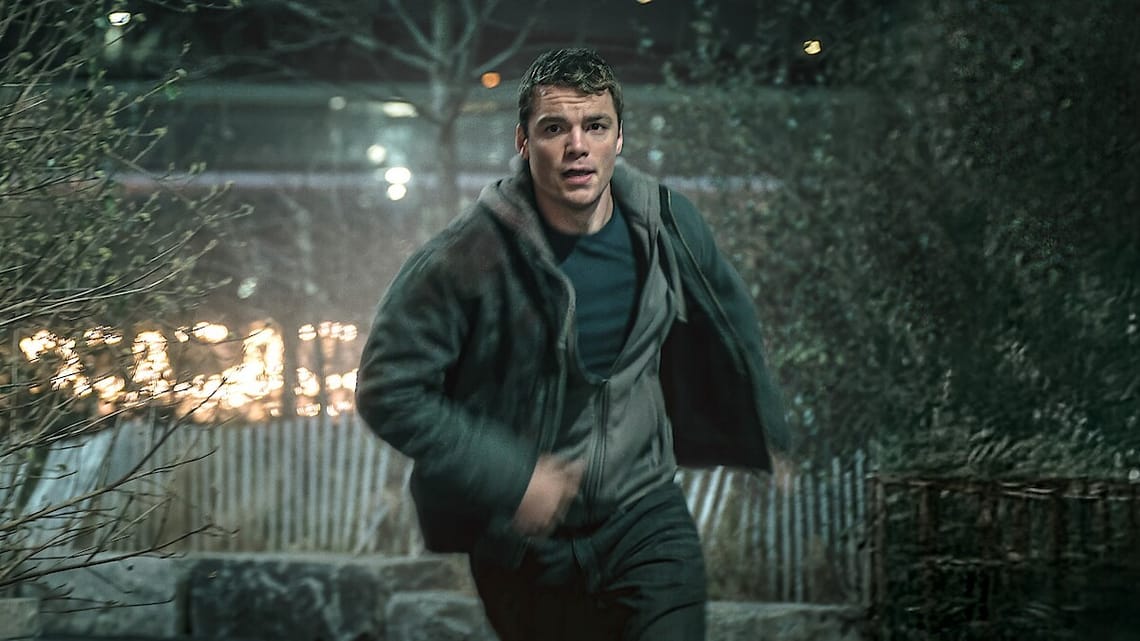







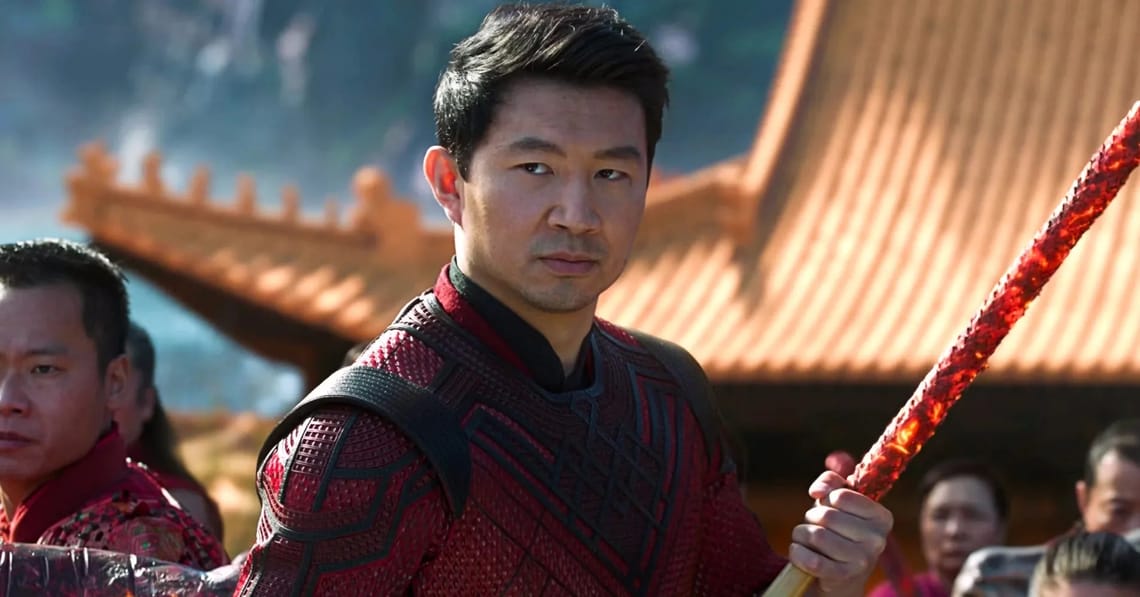
Member discussion